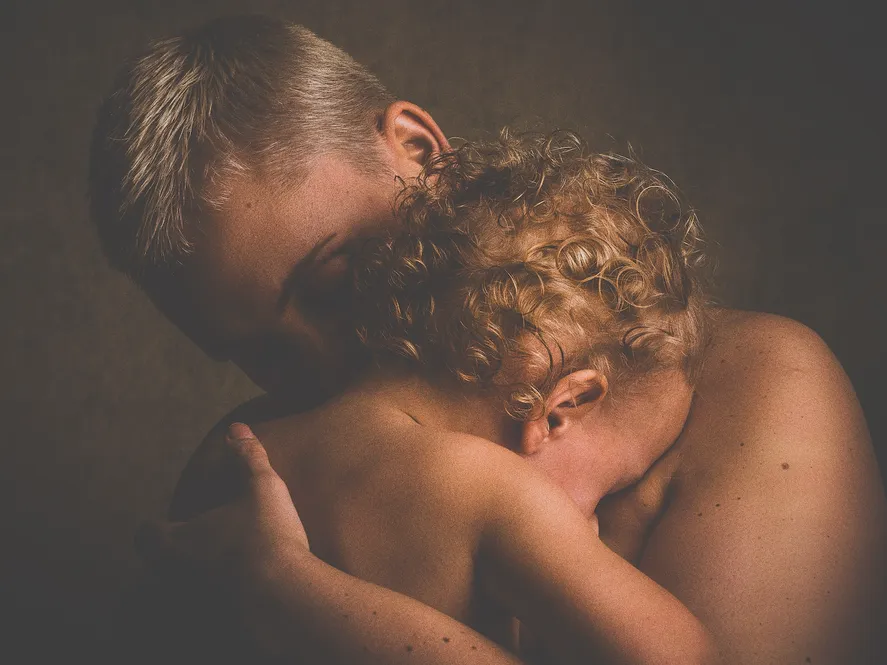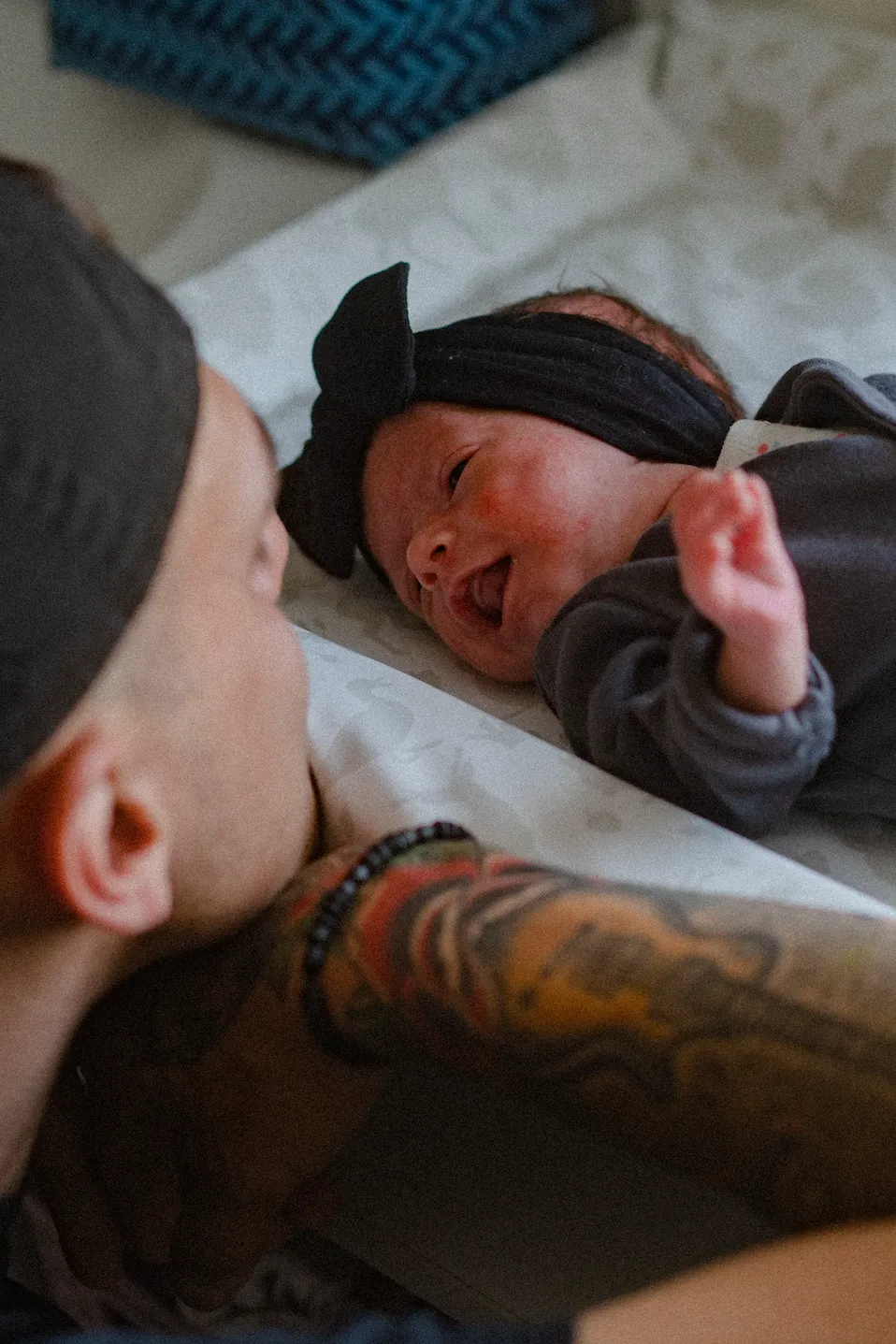Perinatal Mental Health Disorders
Bringing a new life into the world is a joyous occasion, but for some new parents, the postpartum period can be accompanied by a range of emotional challenges. It's crucial to recognize and understand the signs and symptoms of perinatal mental health issues to ensure that if you are struggling, you receive the support and care you need, according to Postpartum Support International. Kelly offers caring, compassionate counseling for mothers (and fathers) in Pennsylvania.
- Are you feeling sad or depressed?
- Do you feel more irritable or angry with those around you?
- Are you having difficulty bonding with your baby?
- Do you feel anxious or panicky?
- Are you having problems with eating or sleeping?
- Are you having upsetting thoughts that you can’t get out of your mind?
- Do you feel as if you are “out of control” or “going crazy”?
- Do you feel like you never should have become a parent?
- Are you worried that you might hurt your baby or yourself?
Any of these symptoms, and many more, could indicate that you have a form of perinatal mental health disorder, such as postpartum depression. While many parents experience some mild mood changes during or after the birth of a child, 15 to 20% of women experience more significant symptoms of depression or anxiety. Please know that with informed care you can prevent a worsening of these symptoms and can fully recover. There is no reason to continue to suffer.
Parents of every culture, age, income level and race can develop perinatal mental health disorders. Symptoms can appear any time during pregnancy and the first 12 months after childbirth. There are effective and well-researched treatment options to help you recover. Although the term “postpartum depression” is most often used, there are actually several forms of illness that parents may experience, including pregnancy and postpartum depression, anxiety, or OCD.
More about Perinatal Mental health:
Postpartum Depression (PPD):
Postpartum depression is a common and serious condition that affects new mothers. It typically occurs within the first year after childbirth and can manifest in various ways. Signs and symptoms of PPD include:
-Persistent feelings of sadness or emptiness
- Loss of interest in activities once enjoyed
- Changes in appetite and sleep patterns
- Overwhelming fatigue
- Difficulty bonding with the baby
- Irritability and mood swings
- Thoughts of self-harm or harming the baby
Maternal Anxiety:
Maternal anxiety is characterized by excessive worry and fear, often related to the well-being of the baby. Common signs and symptoms of maternal anxiety include:
-Intense feelings of apprehension or dread
- Restlessness and difficulty relaxing
- Racing thoughts and an inability to concentrate
- Muscle tension and physical discomfort
- Insomnia or disturbed sleep
- Increased irritability
- Fear of being alone with the baby
Maternal Obsessive-Compulsive Disorder (OCD):
Maternal OCD is a specific form of obsessive-compulsive disorder that emerges during the postpartum period. Signs and symptoms may include:
-Intrusive, distressing thoughts about harming the baby
- Compulsive behaviors, such as repeated checking on the baby
- Fear of being left alone with the baby
- Excessive cleanliness or hygiene rituals
- Overwhelming feelings of guilt or shame
Postpartum Psychosis:
Postpartum psychosis is a rare but severe mental health condition that requires immediate attention. Signs and symptoms include:
-Delusions or hallucinations
- Extreme mood swings
- Rapid and unpredictable behavior
- Disorientation and confusion
- Inability to sleep or extreme changes in sleep patterns
- Thoughts of harming oneself or the baby
Postpartum psychosis is a medical emergency, and urgent professional intervention is essential for the safety of both the mother and the baby.
Perinatal mental health issues are real, and seeking help is a sign of strength, not weakness. If you or someone you know is struggling after the birth of a baby, don't hesitate to reach out to a healthcare professional, therapist, or support group. Early intervention and appropriate treatment can make a significant difference in promoting mental well-being for both the parent and the child. Remember, you are not alone, and help is available.
Kelly has worked with many mothers (and fathers) to help learn the symptoms, find support and begin the journey to recovery!




